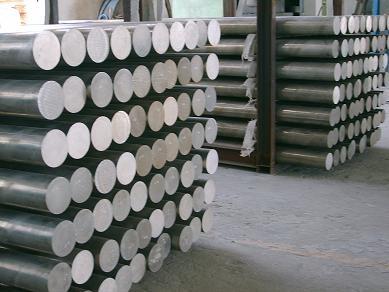
The U.S. Bureau of Industry and Security (BIS) recently imposed a $575,000 civil penalty against TW Metals of Exton, Pennsylvania. The company allegedly exported titanium alloy and aluminum bar to China and Israel without first obtaining export licenses.
Both aluminum and titanium alloys are controlled by Export Control Classification Number (ECCN) 1C202. These alloys require export licenses for shipment to a wide variety of countries, including China and Israel, as well as places like Mexico, Singapore, Taiwan, Colombia … and yes, even The Bahamas. The metals can be used to enrich uranium in the production of nuclear weapons.
One interesting thing about this case. The BIS press release cites 48 violations of the EAR over a period of about three years. Each violation carries a maximum civil penalty of $250,000 or twice the value of the transactions. If we use the $250,00 figure as a basis, that equates to maximum potential penalties for TW Metals of $12 million. Compare this to the company’s actual fine of just $575,000 – which is basically 5% of the maximum!
This explains Don Salo’s comment: “A voluntary self disclosure is a significant mitigating factor when we consider administrative settlements.” (Salo is the Deputy Assistant Secretary of Commerce for Export Enforcement.) TW Metals voluntary disclosed the violations and cooperated with BIS on the investigations. It was a smart decision on their part, since it ultimately saved the company $11,425,000 in potential fines! And BIS apparently agrees, with Assistant Secretary David W. Mills even “applauding TW Metals” for its disclosure.
Another interesting fact. All of the illegal exports to China and Israel went through Canada first. ECCN 1C202 does not require an export license to Canada. This further underscores the importance of exporters making sincere efforts to validate end-use, end-users and countries of ultimate destinations for all of the products they ship overseas.
In this case, it was not the exports to Canada that put TW Metals in hot water. Instead, it was the re-exports of those items from Canada to other destinations where a license is required.
If you suspect a violation at your company, contact us about our export compliance consulting services — including how we can help prepare your voluntary self disclosures with the U.S. Government.
Tom Reynolds is the President of Export Solutions, a consultancy firm which specializes in helping companies with import/export compliance.
